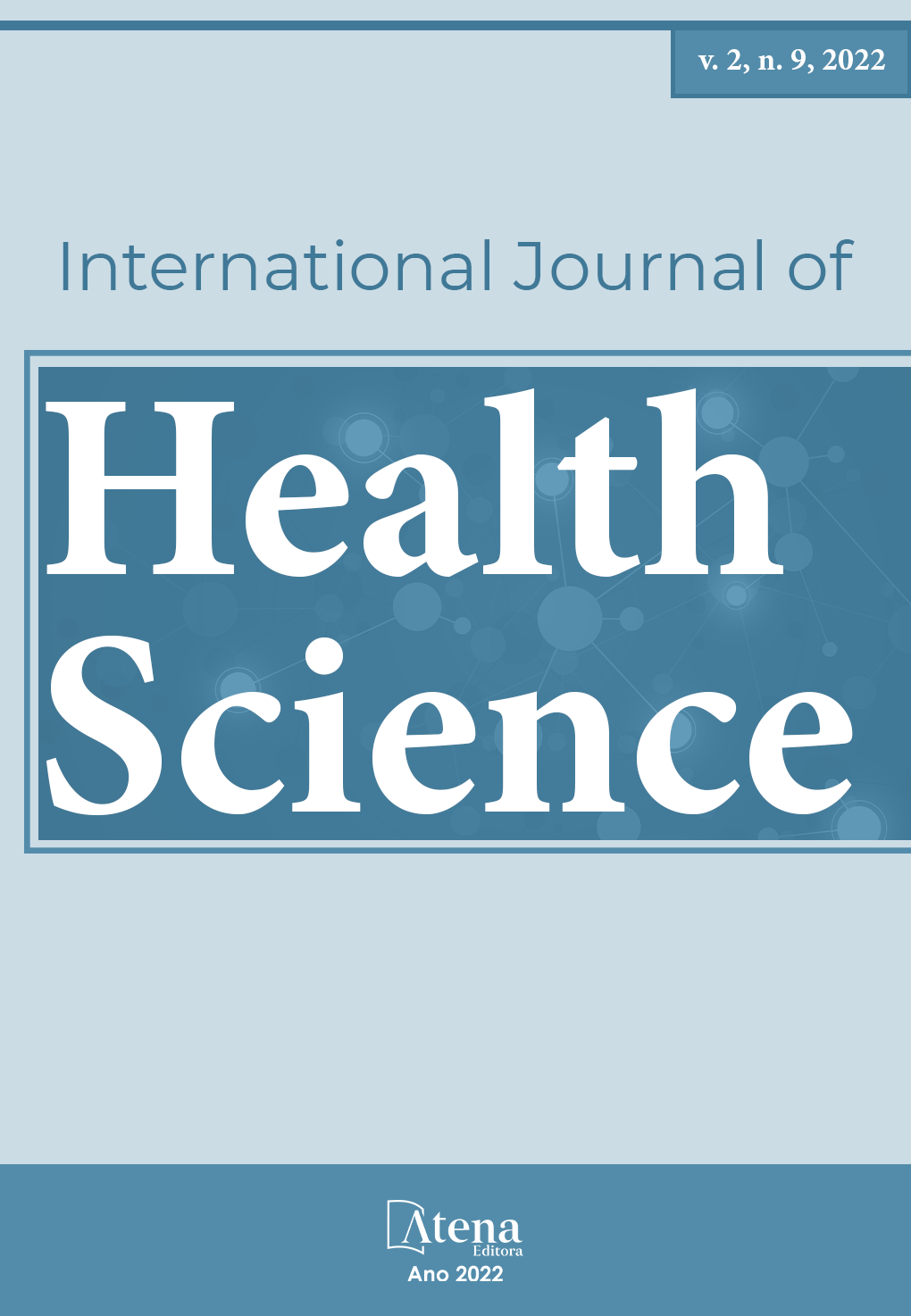
EPIDEMIOLOGICAL ANALYSIS OF ELDERLY IN ICU IN THE GAÚCHA HILL REGION IN SOUTHERN BRAZIL: COMPARATIVE DATA TO 2018 AND COVID-19
Goals: to evaluate the epidemiological profile of the elderly in an intensive care unit (ICU) of a private hospital in Gaúcha Hill between April and September 2020, including those affected by Sars-CoV-2, and to compare the information collected in 2018. Method: retrospective observational study, including variables such as age, gender, prognostic score (SAPS3), days of ICU stay, mechanical ventilation (MV), death, and positive PCR test for Sars-CoV-2. Patients under 60 years of age and without SAPS3 completed due to ICU admission for less than 2 days were excluded. Results: A total of 184 elderly people in ICU were analyzed. 57% were men, with a mean age of 75 years, with 75% of hospitalizations for clinical reasons, mostly for respiratory causes (71.7%), consisting of 45 hospitalizations (62.5%) for Covid-19, also mostly male (66.7%), with a mean age of 72 years. They remained on average for 8.9 days, with an average SAPS3 of 52.9, with 52.57% of patients requiring MV and 50.5% of death. Among elderly people with Covid-19, the average was 14 days, with an average of SAPS3 60.7. 86.7% of these required MV and 68.9% died. In 2018, the majority were female (54.9%), with an average of SAPS3 54 and the main hospitalization cause of hospitalization was renal/metabolic clinic (29.3%), with an average of 7.6 days, 46% requiring MV and 27% progressing to death, unlike in 2020, probably due to the occurrence of the Sars-Cov-2 pandemic. Conclusions: There are few epidemiological analysis studies involving a specific group for elderly people with Covid-19 in ICU. The present study shows that the affected elderly require a longer hospital stay, as well as a greater need for MV and significantly higher mortality when compared to the general group of elderly people in 2020 and 2018, evaluated at the same institution.
EPIDEMIOLOGICAL ANALYSIS OF ELDERLY IN ICU IN THE GAÚCHA HILL REGION IN SOUTHERN BRAZIL: COMPARATIVE DATA TO 2018 AND COVID-19
-
DOI: 10.22533/at.ed.159292216028
-
Palavras-chave: Critical care; Old man; Coronavirus infections.
-
Keywords: Critical care; Old man; Coronavirus infections.
-
Abstract:
Goals: to evaluate the epidemiological profile of the elderly in an intensive care unit (ICU) of a private hospital in Gaúcha Hill between April and September 2020, including those affected by Sars-CoV-2, and to compare the information collected in 2018. Method: retrospective observational study, including variables such as age, gender, prognostic score (SAPS3), days of ICU stay, mechanical ventilation (MV), death, and positive PCR test for Sars-CoV-2. Patients under 60 years of age and without SAPS3 completed due to ICU admission for less than 2 days were excluded. Results: A total of 184 elderly people in ICU were analyzed. 57% were men, with a mean age of 75 years, with 75% of hospitalizations for clinical reasons, mostly for respiratory causes (71.7%), consisting of 45 hospitalizations (62.5%) for Covid-19, also mostly male (66.7%), with a mean age of 72 years. They remained on average for 8.9 days, with an average SAPS3 of 52.9, with 52.57% of patients requiring MV and 50.5% of death. Among elderly people with Covid-19, the average was 14 days, with an average of SAPS3 60.7. 86.7% of these required MV and 68.9% died. In 2018, the majority were female (54.9%), with an average of SAPS3 54 and the main hospitalization cause of hospitalization was renal/metabolic clinic (29.3%), with an average of 7.6 days, 46% requiring MV and 27% progressing to death, unlike in 2020, probably due to the occurrence of the Sars-Cov-2 pandemic. Conclusions: There are few epidemiological analysis studies involving a specific group for elderly people with Covid-19 in ICU. The present study shows that the affected elderly require a longer hospital stay, as well as a greater need for MV and significantly higher mortality when compared to the general group of elderly people in 2020 and 2018, evaluated at the same institution.
-
Número de páginas: 15
- Caroline Sbardellotto Cagliari
- Caroline Cignachi
- Eveline Correia Gremelmaier
- Beigle Jhanie Lucas Zarelli Marin


